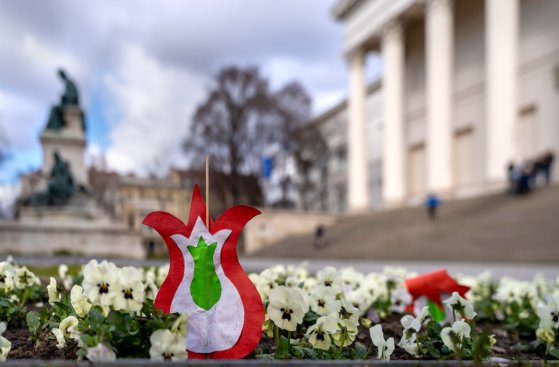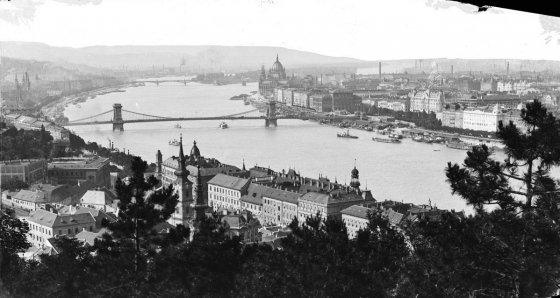 The „intertwined history” of the bridges and the city of Budapest
Which ideas and events have shaped the fate of bridges of Budapest and the cityscape? Alongside many other interesting facts, this question is also answered this newly published book by the Budapest City Archives, which introduces the history of bridges in Budapest.
The „intertwined history” of the bridges and the city of Budapest
Which ideas and events have shaped the fate of bridges of Budapest and the cityscape? Alongside many other interesting facts, this question is also answered this newly published book by the Budapest City Archives, which introduces the history of bridges in Budapest.
1848-49
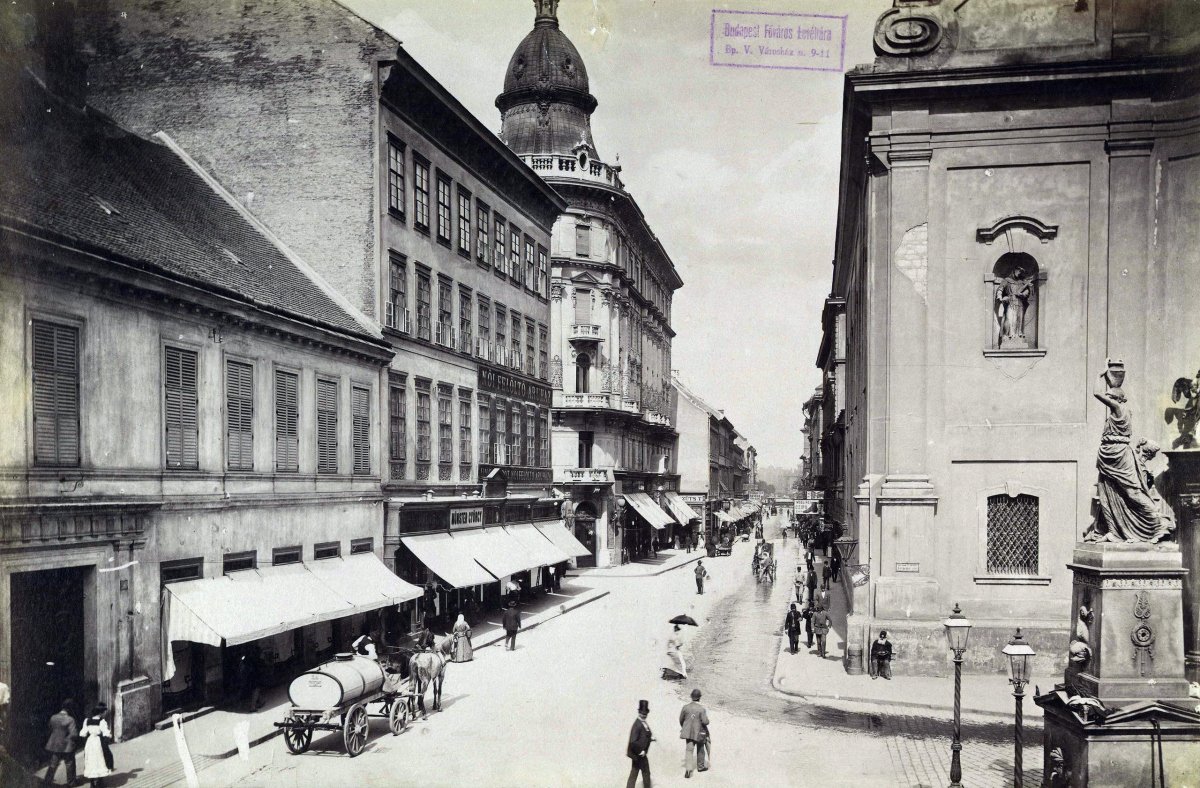 If the efforts of 1848 had not failed, Szabadság Square would be somewhere else today
If the efforts of 1848 had not failed, Szabadság Square would be somewhere else today
March 28, 2023 at 12:30 PM
Do you know where Diadal Street or Szabad Sajtó Street was in 1848? Not where many would think. During the revolution of 1848, the street names of Pest and Buda also changed.
In the footsteps of Petőfi: A walk around the sites of the Revolution of 15 March in Pest and Buda
March 15, 2023 at 11:00 AM
The sites of the Revolution of 15 March 1848 in Pest and Buda can still be visited today, and even some of the buildings that played an important role in the events are still there: standing in front of the National Museum, the Landerer and Heckenast Printing House, the Locotenential Council and the Táncsics-prison, anyone can recall the events.
More articles
 The „intertwined history” of the bridges and the city of Budapest
Which ideas and events have shaped the fate of bridges of Budapest and the cityscape? Alongside many other interesting facts, this question is also answered this newly published book by the Budapest City Archives, which introduces the history of bridges in Budapest.
The „intertwined history” of the bridges and the city of Budapest
Which ideas and events have shaped the fate of bridges of Budapest and the cityscape? Alongside many other interesting facts, this question is also answered this newly published book by the Budapest City Archives, which introduces the history of bridges in Budapest.
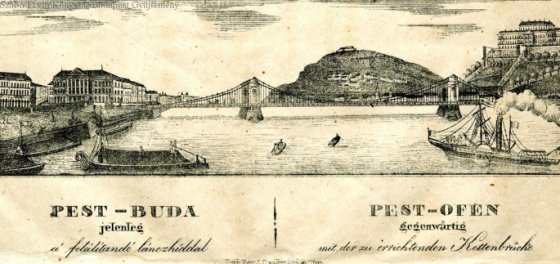 The Bridge Report, which brought a turning point in the history of Budapest
A travel report that changed the history of Pest and Buda, as well as Hungary. The little book contributed to the change of half a thousand years of legal customs and the implementation of an investment of unprecedented size and technical quality. This book was The Bridge Report [Hídjelentés in Hungarian].
The Bridge Report, which brought a turning point in the history of Budapest
A travel report that changed the history of Pest and Buda, as well as Hungary. The little book contributed to the change of half a thousand years of legal customs and the implementation of an investment of unprecedented size and technical quality. This book was The Bridge Report [Hídjelentés in Hungarian].
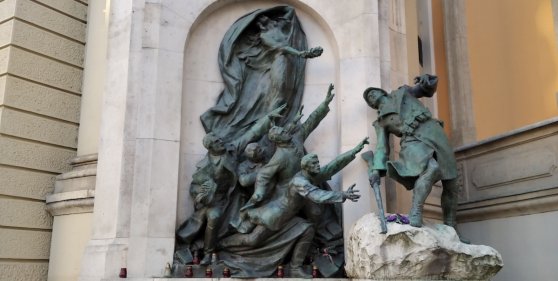 Drama on the university wall - The heroic monument was planned 95 years ago
In the constant hustle and bustle of the Egyetem Square in Pest, the students may not even notice the monument that decorates the short section of wall between the church and the central building of ELTE. However, it commemorates their predecessors, the heroes who fought for their country in World War I, and those who heroically helped them. The first design of the dramatically collapsing soldier was born in 1928, ninety-five years ago.
Drama on the university wall - The heroic monument was planned 95 years ago
In the constant hustle and bustle of the Egyetem Square in Pest, the students may not even notice the monument that decorates the short section of wall between the church and the central building of ELTE. However, it commemorates their predecessors, the heroes who fought for their country in World War I, and those who heroically helped them. The first design of the dramatically collapsing soldier was born in 1928, ninety-five years ago.

